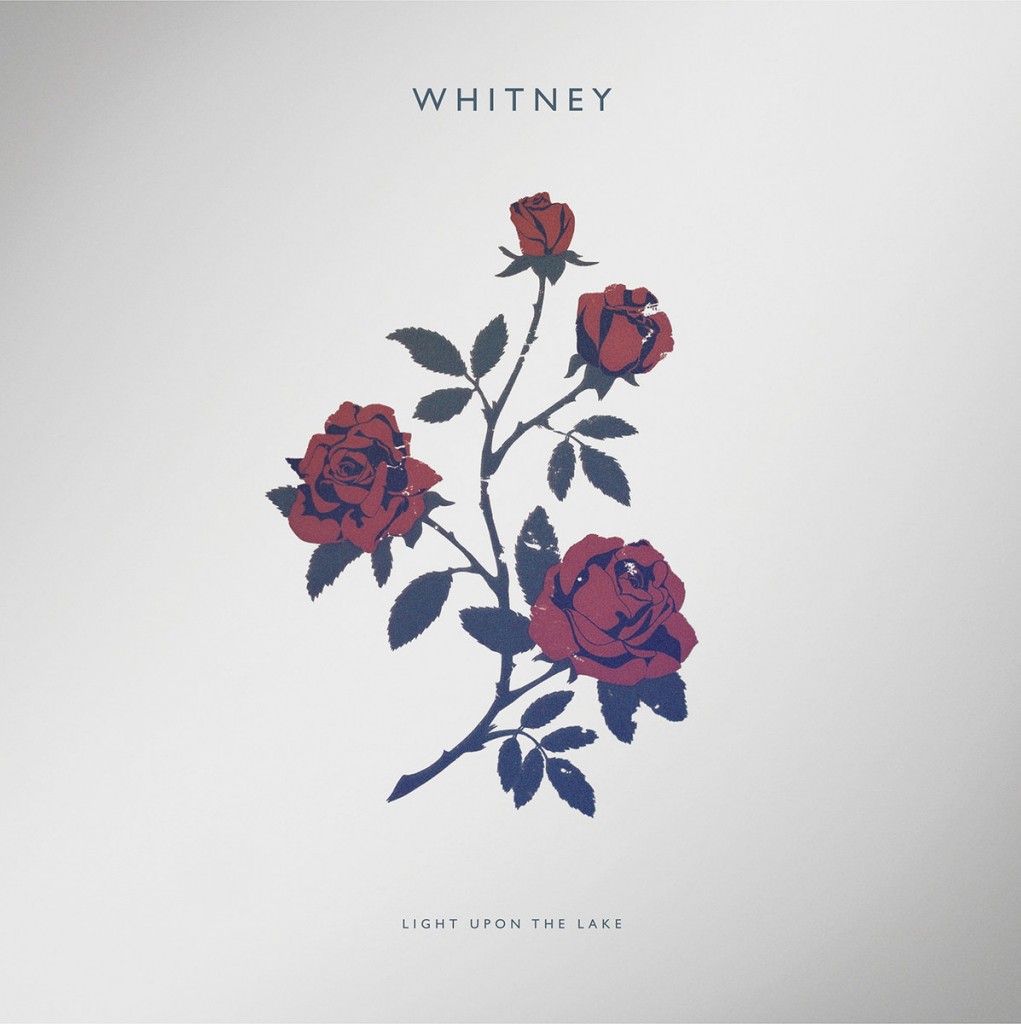TOM BROADLEY looks into the debut album of the American duo.
The band Whitney, a duo formed in the aftermath of the Smith Westerns’ breakup in 2014, are in many ways the model of a nondescript band. There is nothing radical about the combination of indie rock, soul, and subdued psychedelica that they play but, in their debut album Light Upon the Lake, their lack of idiosyncrasies is an advantage. Coming in at a succinct 30 minutes, this record is filled with deliciously mellow and sweet songs that only improve upon repeated listens.
Opener ‘No Woman’ neatly captures their style in its fragile combination of melancholy and sunniness in its gentle strings and relaxed guitar lines. Julien Elrich, lead vocalist, meanwhile spins a tale of twenty-first century ennui and confusion; ‘I left drinking on the city train / to spend some time on the road.’ The lyrics might not be ground-breaking but their very low-key nature is an integral part of this album’s success. ‘Background music’ is an insult often levelled at mediocre artists but in Whitney’s case their very un-invasive style is one of the most appealing aspects of their music. Light Upon the Lake works equally well whether you turn your speakers up or down; it’s the perfect album for long summer days, whether they materialise or not.

The titular song, ‘Light Upon the Lake’, is another highlight with its softly picked guitar and melodic progressions. The poetic lyrics stand out a little more here than on ‘No Woman’. ‘Fire across the planes / Light upon the lake / Lonely haze of dawn’, Elrich intones in his muted yet satisfying vocal style. The theme of loss and change he’s singing of here is shared with countless other artists, but its particular emphasis is reminiscent of a song like Real Estate’s ‘Past Lives’ from their 2014 album, Atlas. Both songs share a sense of ambivalent melancholy, one that they disguise under their melodious guitars and surf-rock stylings. For Real Estate, revisiting their old suburban neighbourhood stirs up contradictory feelings in their adult selves; ‘I walk past these houses where we once stood / but somehow you’re still here.’ ‘Light Upon the Lake’ shares the same sense of disconnection from adolescence – ‘planes are heading home / when old friends are gone’ – but, like ‘Past Lives’, Whitney can’t resolve the dilemma, but they can make a golden, sun-soaked tune out of it.

Elsewhere on the album older influences come to the fore. Album closer ‘Follow’ is reminiscent of an array of 60s and 70s rock, with its combination of lazy acoustic guitar, organ, and country slides, it provides a joyful and uplifting accent to an album that subtly moves through emotions. The duo’s recreation of the past does not feel derivative, however, instead of focusing on originality and innovation Whitney double down on tunefulness. The nostalgia only enhances the summery qualities of the music, ‘On My Own’s’ Beach Boys-y guitars merge with its soulfulness to create one of the album’s more upbeat moments.
Light Upon the Lake might not jump out at you on first listening, then, but it’s well worth getting comfortable with, its rewards only growing over time. The band’s lackadaisical tones and balance of nostalgia and melody make this album the perfect introduction to a fully fledged musical gem.





